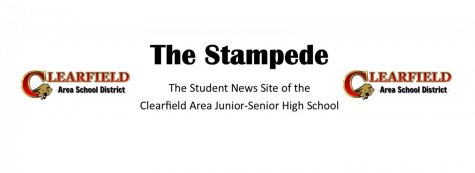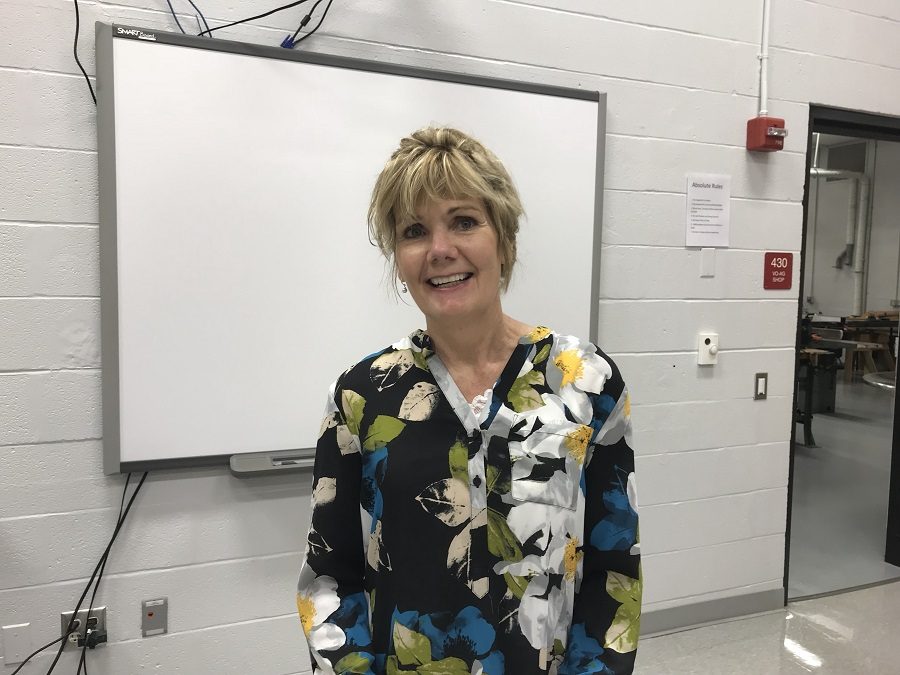Why you should take agriculture classes with Mrs. Carr
October 5, 2018
Each year of a Clearfield Area Junior-Senior High School student’s high school career, they have the ability to take elective courses. Students choose their own electives, opening a new range of classes that were not an option in junior high. World Languages, Drafting & Technology Ed, Art, Agriculture, Journalism, Family and Consumer Sciences, Business and Computer Ed, and Music are all in the category of electives students have the ability to take.
Agriculture classes in particular are a category of electives I have always enjoyed. In my third year of high school, I am taking my fourth class in the agriculture department. All agriculture classes at Clearfield Area Junior-Senior High School are taught by Mrs. Carr, who has been working for the school since 2003.
If you want to take a class with Mrs. Carr, there are many options to choose from: Animal Science, Food Science, Plant Science, Vet Science, Ag Mechanics, Wildlife, and Forestry. Personally, I have taken Forestry, Plant Science, Food Science, and I am currently taking Wildlife.
When Mrs. Carr was asked what a student can expect when taking any of her classes, she gave many insightful responses: “All students are treated fairly; all students get the same attention.” Mrs. Carr also said she tries to give all students an ability to lead in her classroom, and all students can expect to be treated with respect from their teacher. In my experience with Mrs. Carr, all of these qualities are true. It does not matter who the student is, they all are treated equally by Mrs. Carr and given many opportunities in her classes.
In all the agriculture classes, students learn many skills that are able to be translated to their lives outside of school. In Ag Mechanics, students learn how to weld, repair small gas engines, and use basic carpentry. In Vet Science, students learn the basics of the technology veterinarians utilize. In Plant Science, landscaping a house and effective gardening practices are taught. Food Science teaches students how to properly prepare food, and how the food industry works. In Forestry Science, students learn to identify different types of trees. All of Mrs. Carr’s classes teach students real life skills that can be used in their everyday lives. Additionally, Mrs. Carr added: “My students get many more opportunities to get out and visit industries, they know how to communicate with people, they’re not afraid to try new things and they become better leaders.”
Taking classes with Mrs. Carr is very beneficial, and after completing three of her classes and currently beginning my fourth, I would recommend her classes to everyone. Instead of learning skills that are useful in a school setting, agriculture classes teach students skills that they can use daily and give students fun experiences that cannot be found in any other classroom.
When Mrs. Carr was asked if she would like to share anything else with our readers, she stated, “I knew as I was growing up I always wanted to work with kids, and I grew up around Agriculture. I really think there is no better fit then teaching Agriculture.”


